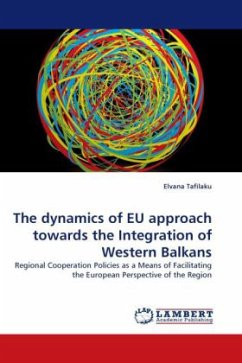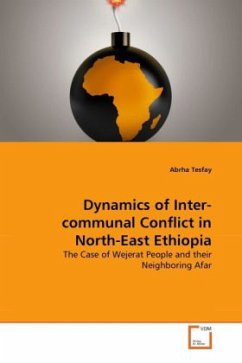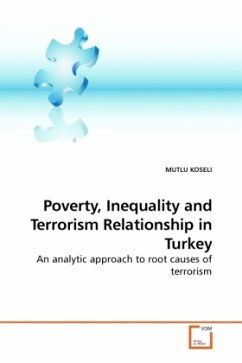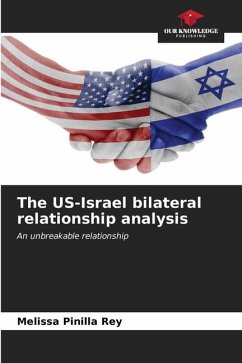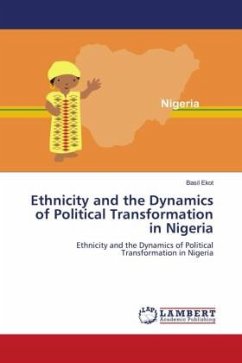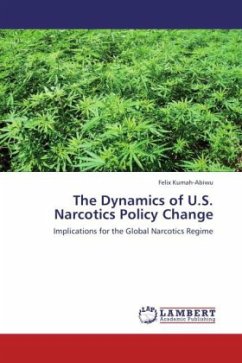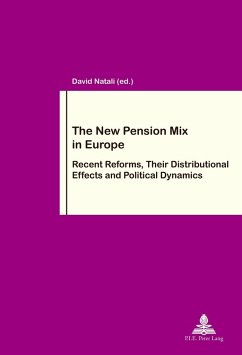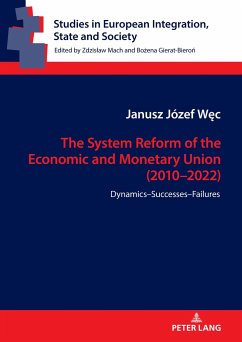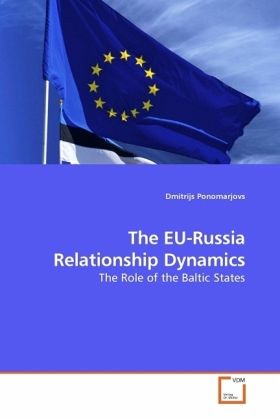
The EU-Russia Relationship Dynamics
The Role of the Baltic States
Versandkostenfrei!
Versandfertig in 6-10 Tagen
32,99 €
inkl. MwSt.

PAYBACK Punkte
16 °P sammeln!
Despite the existed interconnectedness between the Russian Federation and the European Union in economic and political domains, the current relations between the two sides are at the lowest point since the end of the Cold War. In contrast to the increased economic interdependence, the political understanding between both sides have been deteriorating during the past twenty years. Competition in the common neighbourhood, disagreements over Russia s internal developments, energy conflicts, and bilateral problems between Russia and several EU member states are all symptoms of clashes over differe...
Despite the existed interconnectedness between the Russian Federation and the European Union in economic and political domains, the current relations between the two sides are at the lowest point since the end of the Cold War. In contrast to the increased economic interdependence, the political understanding between both sides have been deteriorating during the past twenty years. Competition in the common neighbourhood, disagreements over Russia s internal developments, energy conflicts, and bilateral problems between Russia and several EU member states are all symptoms of clashes over different values, demonstrating the signs of identity incompatibility . In this book, I examine state identities in order to understand and explain the EU-Russia relations and the role that the Baltic States play in them.




